African architecture has long been celebrated for its ingenuity and harmonious integration with the natural environment. From sustainable residential projects to innovative commercial spaces, African architects are making significant contributions to the global architectural landscape. Here, we highlight eight of the most outstanding African architects whose work exemplifies creativity, functionality, and a deep respect for cultural heritage.
Francis Kéré (Burkina Faso)
Francis Kéré, the first African to win the prestigious Pritzker Architecture Prize, is renowned for his sustainable and community-focused designs. His work often utilises local materials and traditional building techniques, creating structures that are both eco-friendly and culturally resonant. One of his most acclaimed projects is the Gando Primary School in Burkina Faso, which uses passive ventilation and locally sourced materials to create a comfortable learning environment.
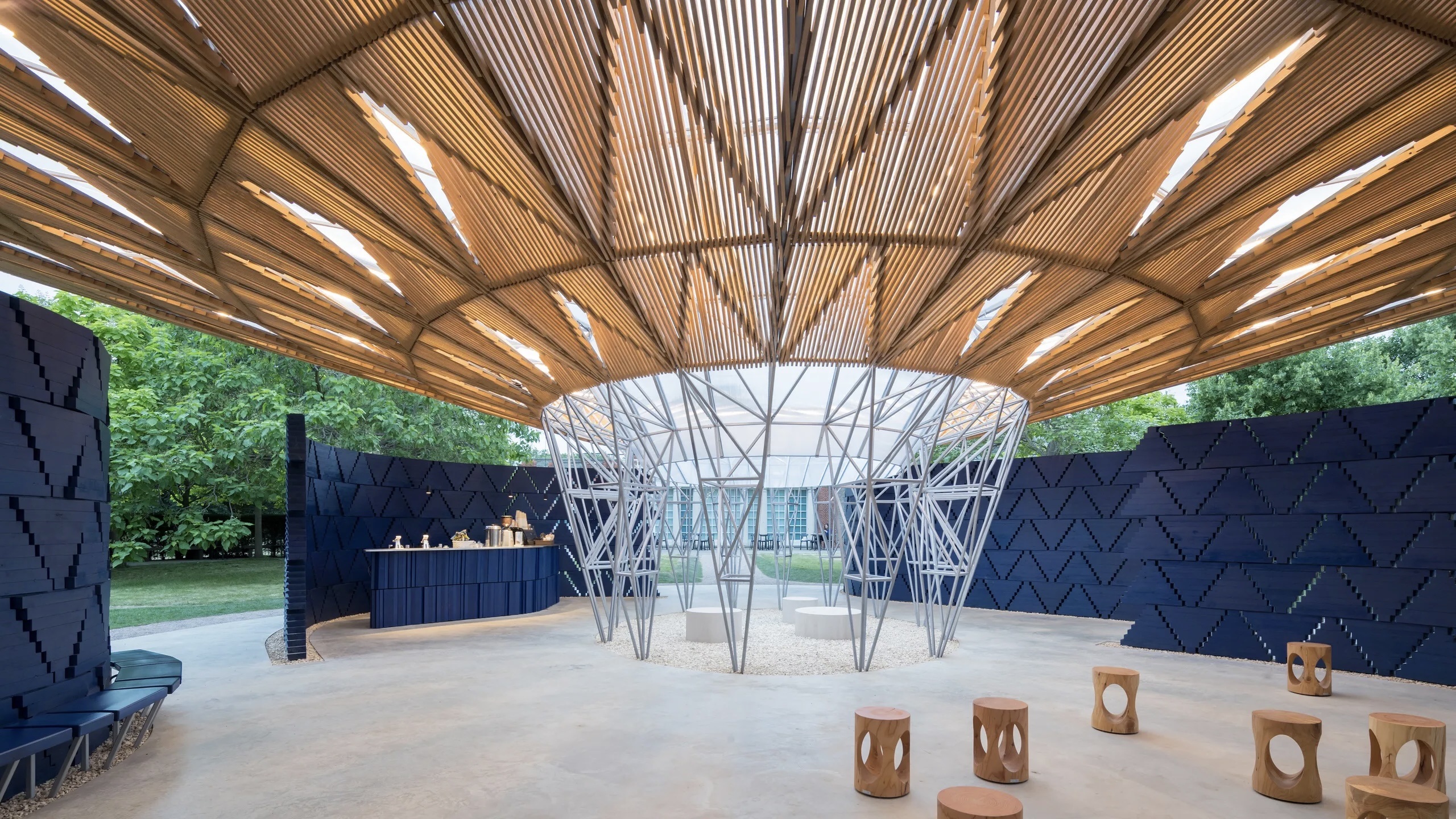
David Adjaye (Ghana)
Sir David Adjaye, OBE, is a Ghanaian-British architect whose influence spans across continents. His notable works include the Smithsonian National Museum of African American History and Culture in Washington, D.C., and the contemporary Mole House in London. Adjaye’s designs are characterised by their innovative use of materials and attention to the social and historical contexts of their locations.
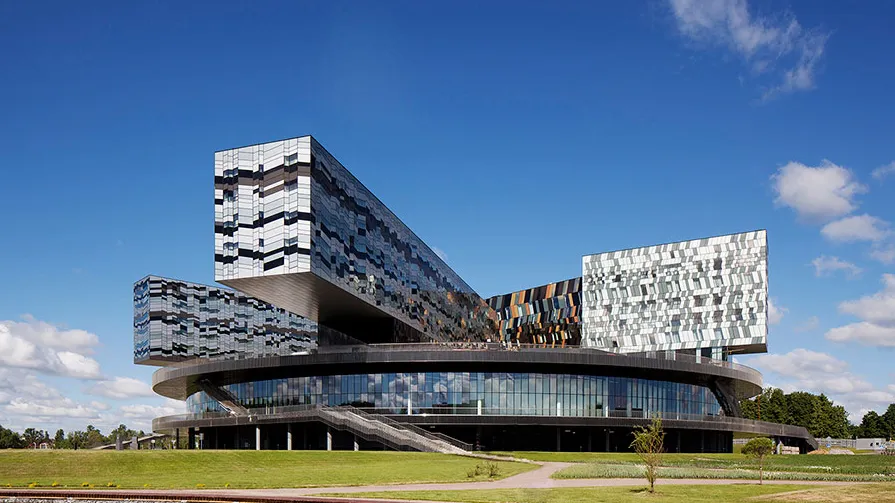
Mariam Kamara (Niger)
Mariam Kamara is a pioneering architect whose work emphasises social equity and cultural sustainability. As the founder of Atelier Masomi, Kamara focuses on creating spaces that improve quality of life while respecting local traditions. Her Niamey 2000 project, a residential development in Niger, showcases her commitment to designing affordable housing that maintains aesthetic and cultural integrity.
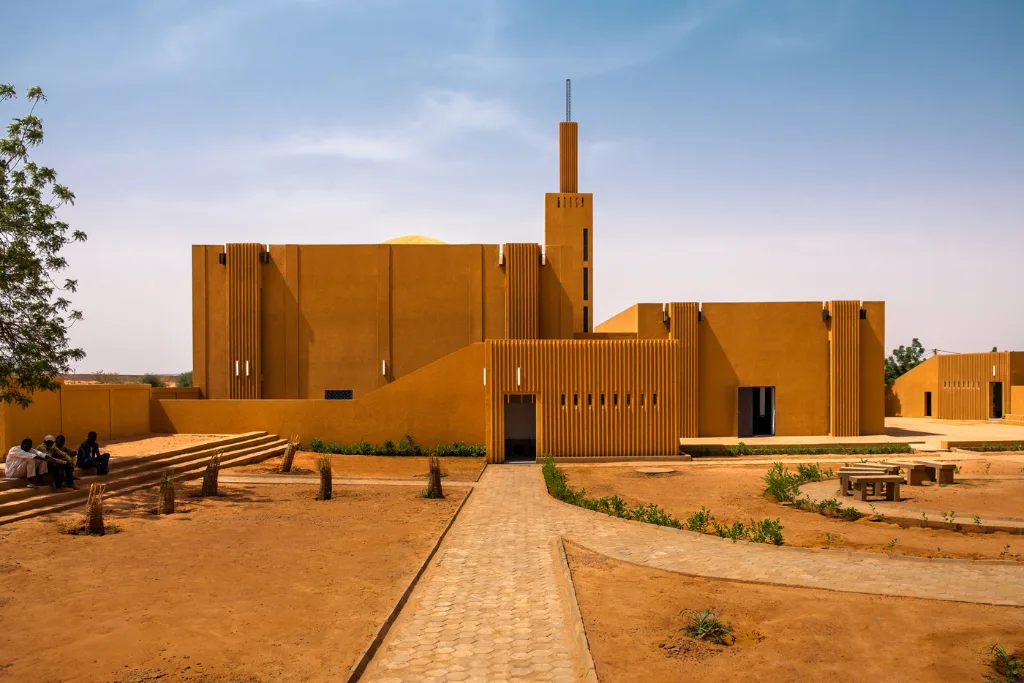
Kunlé Adeyemi (Nigeria)
Kunlé Adeyemi is celebrated for his innovative approach to addressing urbanisation and climate change challenges. His architectural practice, NLÉ, is known for the Makoko Floating School in Lagos, a prototype structure designed to withstand flooding and provide educational facilities in vulnerable communities. Adeyemi’s work is a testament to the potential of architecture to solve pressing environmental and social issues.
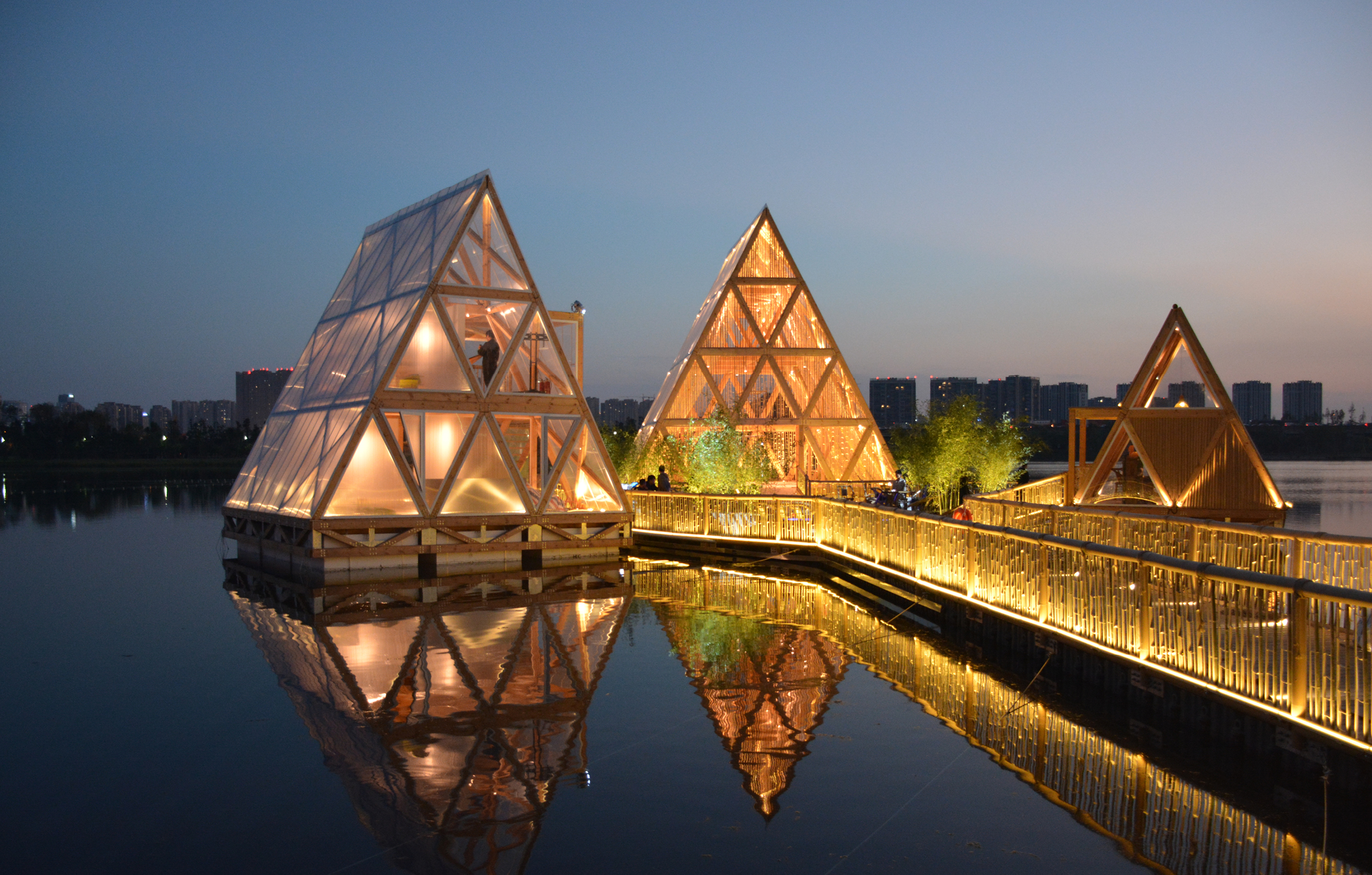
Aziza Chaouni (Morocco)
Aziza Chaouni is a highly regarded Moroccan architect known for her sustainable and innovative designs. She is the founder of Aziza Chaouni Projects, a firm that focuses on integrating sustainable practices with modern architecture. One of her notable projects is the revitalisation of the Fez River, which transformed a polluted urban site into a vibrant public space. Chaouni’s work exemplifies the potential of architecture to improve urban environments and enhance community life through thoughtful, eco-friendly design.
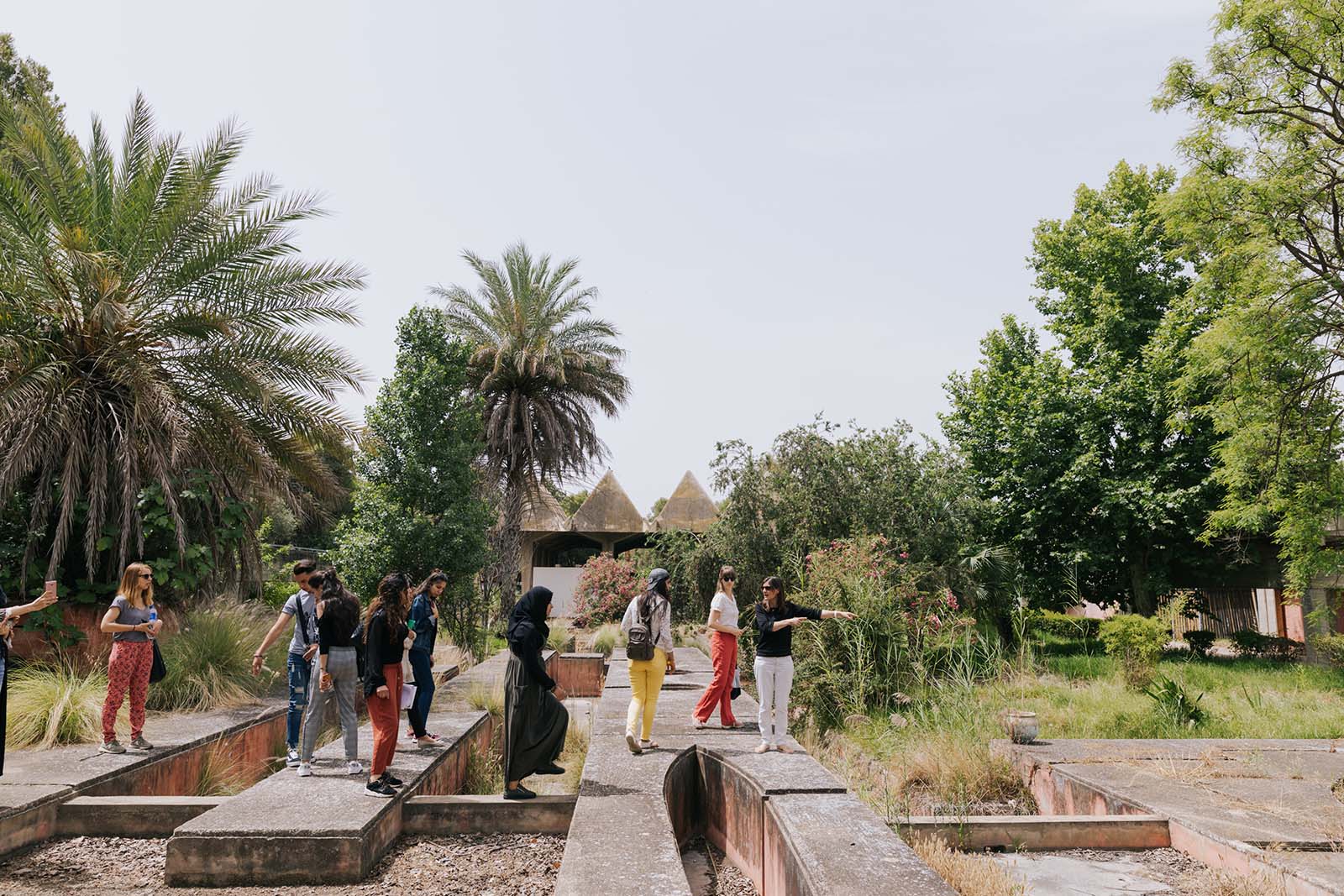
Mphethi Morojele (South Africa)
Mphethi Morojele is a prominent South African architect whose firm, MMA Design Studio, specialises in creating culturally significant public buildings. His work includes the Thabo Mbeki Presidential Library, which reflects South Africa’s rich cultural heritage through its design. Morojele’s architecture often blends modern aesthetics with traditional African elements, creating spaces that resonate with their cultural context.
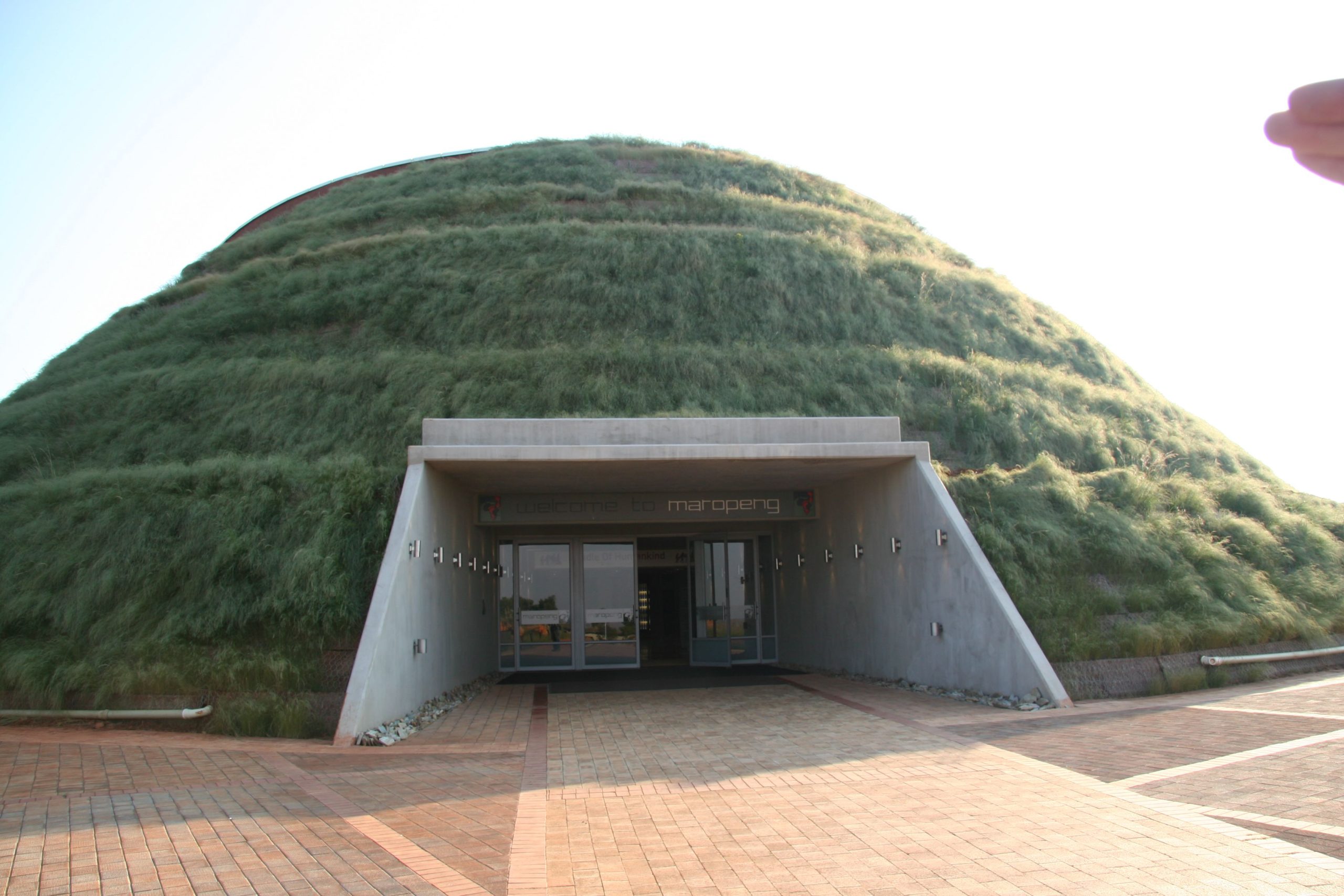
Peter Rich (South Africa)
Peter Rich’s architectural philosophy is centred on celebrating African vernacular architecture. His Mapungubwe Interpretation Centre, located in a UNESCO World Heritage site in South Africa, is an exemplary project that integrates local craftsmanship and materials. Rich’s work is a tribute to the continent’s architectural heritage and its potential for contemporary relevance.
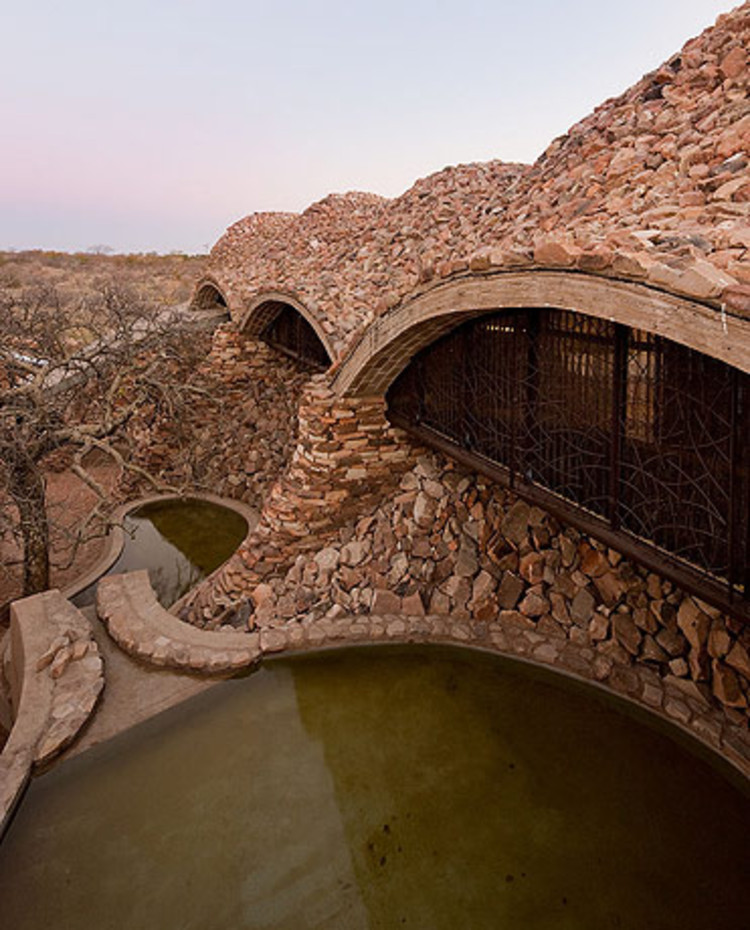
Tosin Oshinowo (Nigeria)
Tosin Oshinowo is a dynamic Nigerian architect and the founder of cmDesign Atelier. Her portfolio includes a range of residential and commercial projects that highlight modern design principles while embracing Nigerian culture. The Maryland Mall in Lagos, one of her notable projects, exemplifies her ability to blend functionality with contemporary aesthetics.
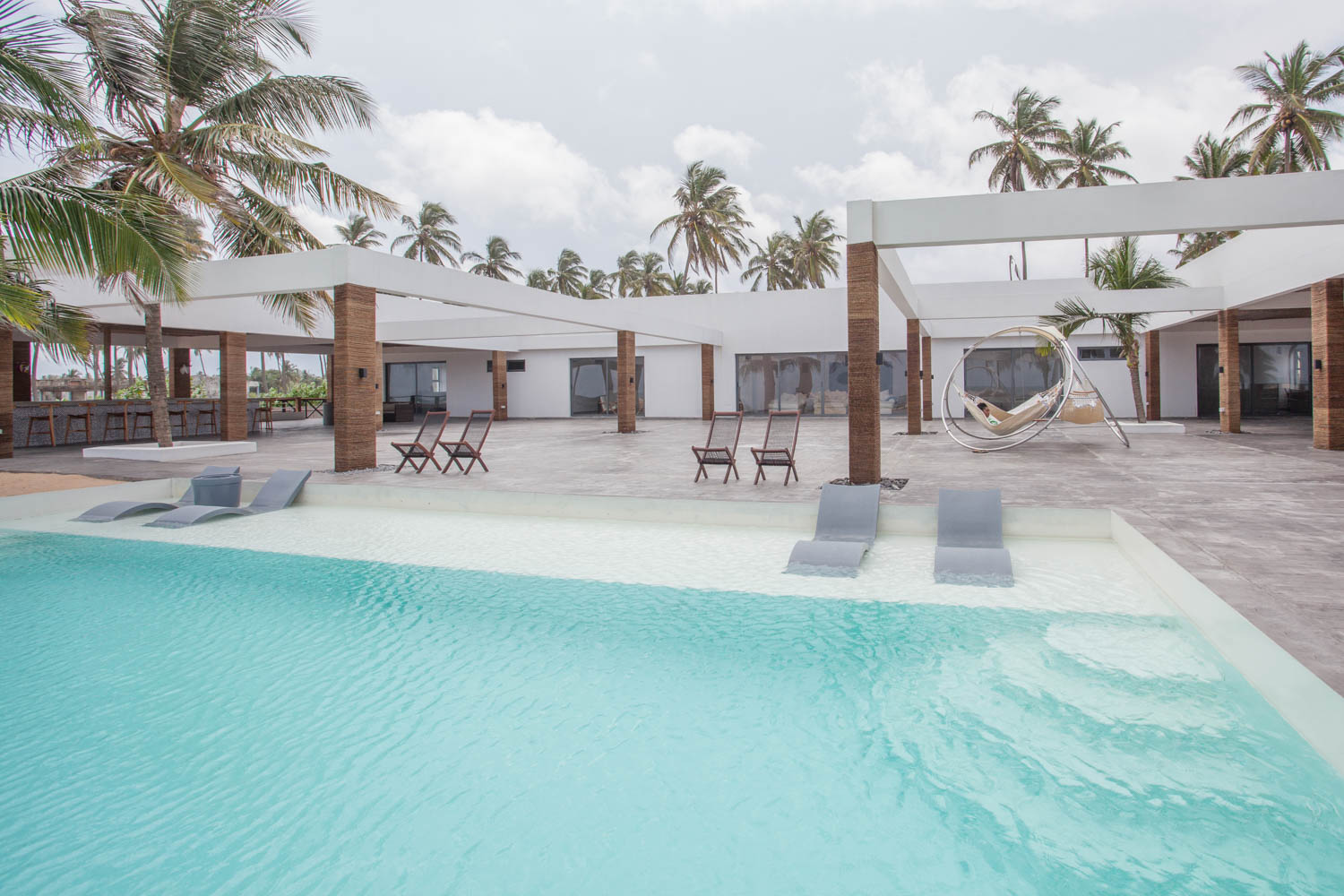
These eight architects are at the forefront of a transformative movement in African architecture. Their work not only addresses the practical needs of their communities but also celebrates the rich cultural heritage and diverse landscapes of the continent. As they continue to push boundaries and challenge conventions, their contributions will undoubtedly inspire the next generation of architects and designers around the world.

